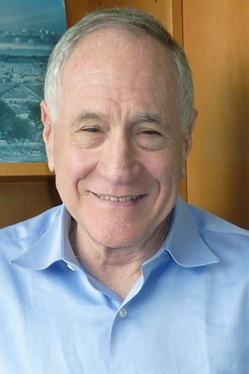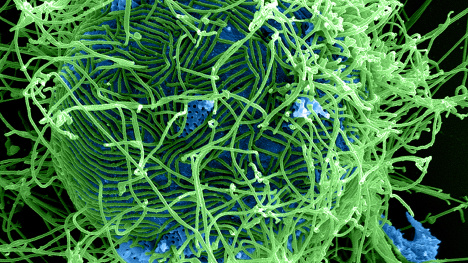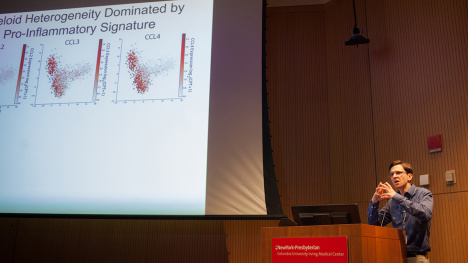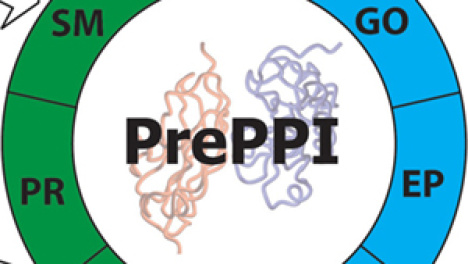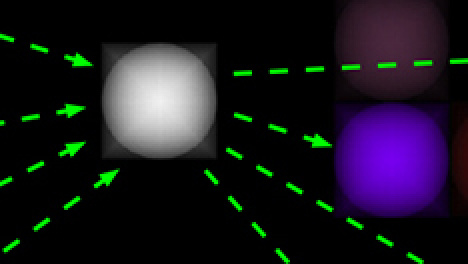Barry Honig
Titles
Website
Administrative Assistant:
Katie Rosa
212-851-4652
krr1@columbia.edu
Barry Honig has been a professor of Biochemistry and Molecular Biophysics at Columbia University College of Physicians and Surgeons since 1981 and is director of the Center for Computational Biology and Bioinformatics (C2B2). He is a member of the National Academy of Sciences and the American Academy of Arts and Sciences, and was a Howard Hughes Medical Institute (HHMI) Investigator from 2000 - 2019. He is recipient of the Founders Award of the Biophysical Society, the Alexander Hollaender Award in Biophysics from National Academy of Sciences, Christian B. Anfinsen Award from the Protein Society, and DeLano Award for Computational Biosciences from the American Society for Biochemistry and Molecular Biology. He has also been named a Fellow of the American Association for the Advancement of Science, the Biophysical Society, and the International Society for Computational Biology.
The guiding hypothesis of Dr. Honig’s work is that combining information about protein sequence with biophysical analysis can reveal how biological specificity is encoded on protein structures. His laboratory uses methods from biophysics and bioinformatics to study the structure and function of proteins, nucleic acids, and membranes. His work includes fundamental theoretical research, the development of software tools, and applications to problems of biological importance.
